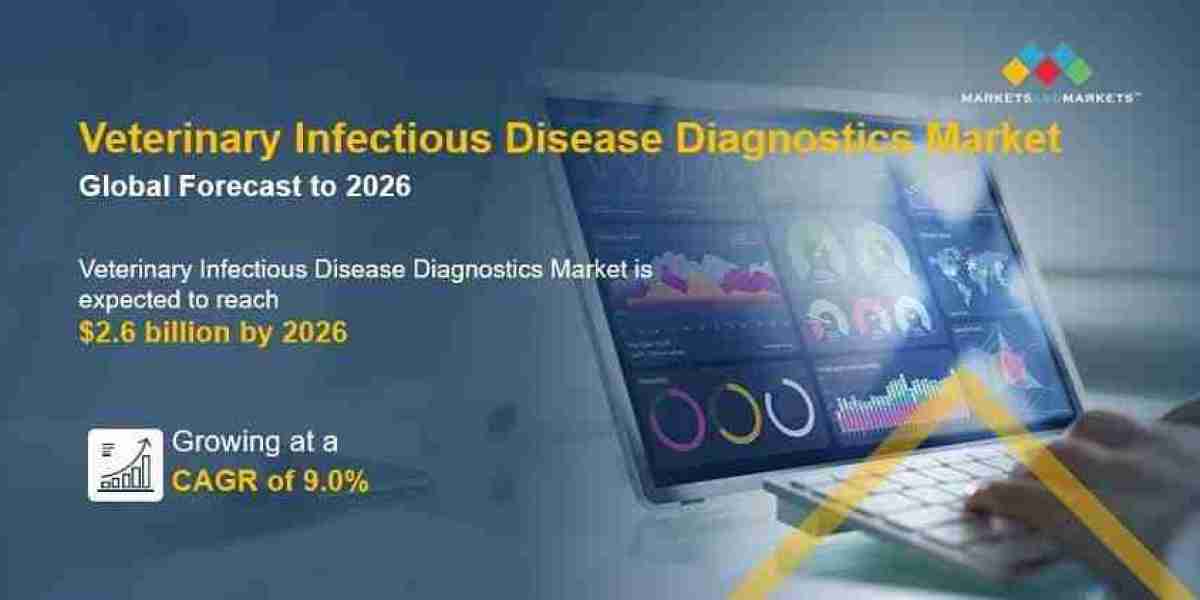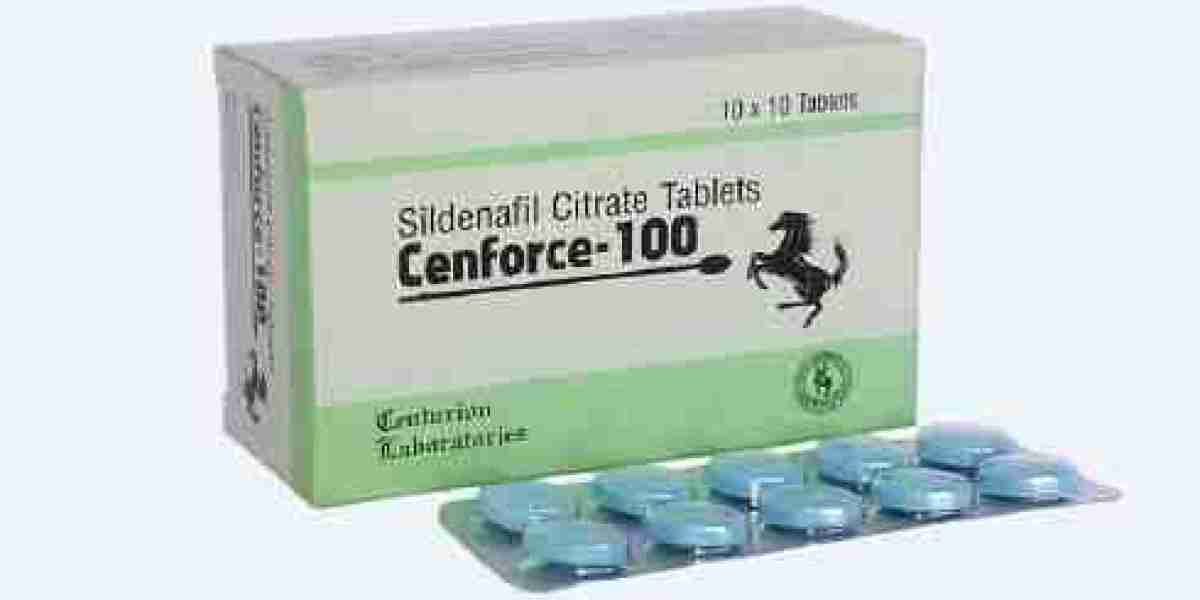The size of global Veterinary Infectious Disease Diagnostics Market in terms of revenue was estimated to be worth $1.7 billion in 2021 and is poised to reach $2.6 billion by 2026, growing at a CAGR of 9.0% from 2021 to 2026. The research study consists of industry trends, pricing analysis, patent analysis, conference and webinar materials, key stakeholders, and buying behaviour in the market.
Growth can largely be attributed to the growth in the companion animal population, increasing incidence of transboundary and zoonotic diseases, rising demand for animal-derived food products, rising demand for pet insurance, growing animal health expenditure, and growth in the number of veterinary practitioners and income levels in developed economies. On the other hand, rising pet care costs is expected to restrain the overall market growth. Currently, the lack of skilled veterinarians and diagnostic infrastructure, especially in developing countries, is one of the major factors limiting the uptake of advanced diagnostic solutions among veterinarians. The high cost of advanced diagnostic tests is another major barrier to its widespread adoption.
Download a FREE Sample PDF of the Global Veterinary Infectious Disease Diagnostics Market Research Report at https://www.marketsandmarkets.com/pdfdownloadNew.asp?id=221816584utm_source=Ganeshutm_medium=P
Veterinary Infectious Disease Diagnostics Market Key Players
Some of the major players in the veterinary infectious disease diagnostics market include IDEXX Laboratories, Inc. (US), Zoetis, Inc. (US), Thermo Fisher Scientific, Inc. (US), Virbac (France), bioMérieux SA (France), Heska Corporation (US), IDvet (France), NEOGEN Corporation (US), QIAGEN N.V. (a part of INDICAL Bioscience) (Europe), Randox Laboratories Ltd. (UK), Agrolabo S.p.A. (Italy), Bio-Rad Laboratories (US), Bionote, Inc. (South Korea), Biogal Galed Labs (Israel), BioChek (Netherlands), (UK), Biopanda Reagents (UK), URIT Medical Electronic Co. Ltd. (China), MEGACOR Diagnostik GmbH (Austria), LIVET (UK), INDICAL BIOSCIENCE GmbH (Germany), Fassisi GmbH (Germany), Alvedia (France), SKYER, Inc. (South Korea), Shenzhen Bioeasy Biotechnology Co., Ltd. (China), and Precision Biosensor (US).
Driver: Growth in the companion animal population
A surge in the overall companion animal population and adoption rate has been witnessed on a global scale. According to several studies, having a companion animal is associated with positive health benefits, such as reduced cardiac arrhythmias, normalization of blood pressure, decreased anxiety, greater psychological stability, and improved well-being. The increasing pet population is expected to drive the demand for pet care products and services, which, in turn, will support the growth of dependent industries such as veterinary infectious disease diagnostics.
North America:
According to a National Pet Owners Survey (2019–2020) conducted by the American Pet Products Association (APPA), an estimated 67% of US households, or about 84.9 million families, owned a pet.
Around 63.4 million households owned dogs, 42.7 million owned cats, and 1.6 million owned horses in the US in 2018.
Restraint: Rising pet care costs
The pet insurance market is expanding, the number of animals covered for treatments is still very low. As a result, animal owners generally bear the majority of the cost of treatments. In addition, according to the Society for Practicing Veterinary Surgeons, along with the increasing pet insurance, the cost of veterinary treatment is rising at a significant growth rate.
The number of consultations with veterinary specialists for pet care is another factor responsible for the increasing pet healthcare costs. Furthermore, the lower income in this profession compared to other advanced-degree professions such as dentistry and law puts pressure on veterinary professionals to increase their fees. High pet care costs directly impact the number of visits by pet owners to veterinary facilities, thereby restraining the growth of this market.
Opportunity: Increased use of PCR testing panels to rule out COVID-19 virus in animals
With regard to the current COVID-19 pandemic, animal health authorities have been carrying out tests to understand how the virus is affecting animals. So far, research studies and testing show that felines are more susceptible than other animals. Testing also shows that the virus spreads less from animal to animal as opposed to human-human or human-animal. It is expected that pet owners will increasingly start testing their pets for the absence of these diseases, thus increasing the demand for PCR panels for virus testing. This will create opportunities for new molecular diagnostics panels in the industry.
Challenge: Shortage of veterinary practitioners in developing markets
The global animal healthcare industry is marked by a shortage of skilled veterinarians and pathologists. This is particularly evident in the emerging markets across countries like Brazil, China, and Southeast Asian countries, which show a huge gap in the demand and supply of veterinary professionals. Shortages are observed in developing countries such as. The majority of veterinarians across the globe work in private practices dedicated to companion animals, which leads to a shortage of resources for farm animals or food-producing animals.
Currently, the lack of skilled veterinarians and diagnostic infrastructure, especially in developing countries, is one of the major factors limiting the uptake of advanced diagnostic solutions among veterinarians. The high cost of advanced diagnostic tests is another major barrier to its widespread adoption.
Direct Purchase of the Global Veterinary Infectious Disease Diagnostics Market Research Report at https://www.marketsandmarkets.com/Purchase/purchase_reportNew.asp?id=221816584utm_source=Ganeshutm_medium=P
North America is expected to account for the largest share of the veterinary infectious disease diagnostics market in 2020
In 2020, North America accounted for the largest share of the global veterinary infectious disease diagnostics market. The growth in the veterinary diagnostics market of North America is characterized by the increasing population of companion and food-producing animals, rising meat and dairy product consumption, the availability of technologically advanced veterinary reference laboratories, rising veterinary healthcare expenditure, and growth in pet insurance coverage.







